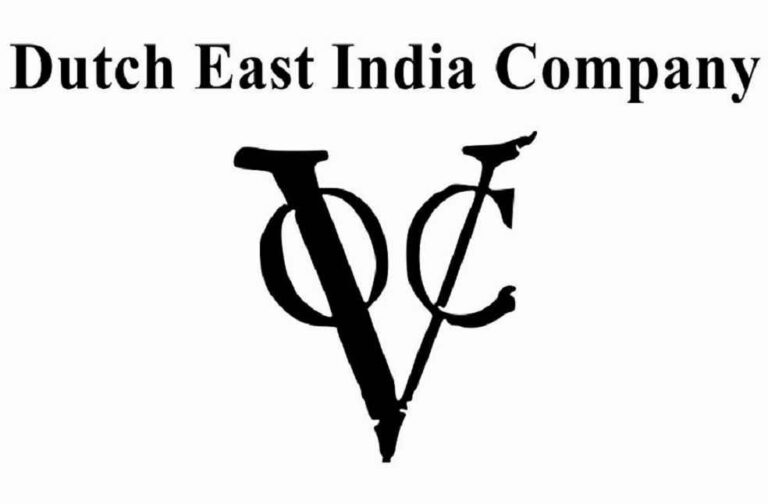The Dutch East India Company, also known as the Vereenigde Oostindische Compagnie (VOC), was the first company to issue stock to the public. Founded in 1602, the VOC was a powerful trading company that had a monopoly on Dutch trade in Asia. In order to finance its activities, the VOC turned to the public markets and issued shares of stock in the company.
The VOC’s initial public offering (IPO) was held in Amsterdam in 1602, and was a groundbreaking event in the history of finance. The company offered 2,000 shares of stock to the public, with each share priced at 3,000 Dutch guilders. This was a significant amount of money at the time, and the IPO was oversubscribed, meaning that demand for the shares was greater than the number of shares available.
Investors in the VOC received several benefits in exchange for their investment. They were entitled to a share of the company’s profits, and had a voice in the company’s decision-making process through their right to vote on company matters. They also had the ability to buy and sell shares on the open market, allowing them to liquidate their investment if they needed to.
The success of the VOC’s IPO paved the way for other companies to follow suit, and the public markets became an important source of funding for businesses around the world. Today, companies of all sizes and industries issue shares of stock to the public, allowing investors to participate in the success of these businesses.
However, with the benefits of stock ownership also come risks. Stock prices can be volatile, and investors can lose money if the value of their shares declines. Additionally, companies can run into financial difficulties or fail altogether, leaving investors with worthless shares.
Despite these risks, the ability to invest in the stock market has allowed millions of people to build wealth and achieve financial independence. The Dutch East India Company’s decision to issue stock to the public was a groundbreaking event that changed the course of financial history, and the legacy of that decision can still be seen today in the many companies that rely on public markets to fund their growth and expansion.
GLOBAL ROUNDUP: U.S. INDUSTRIES CALL FOR TARIFF PROTECTION IN CHINA TRADE WAR



